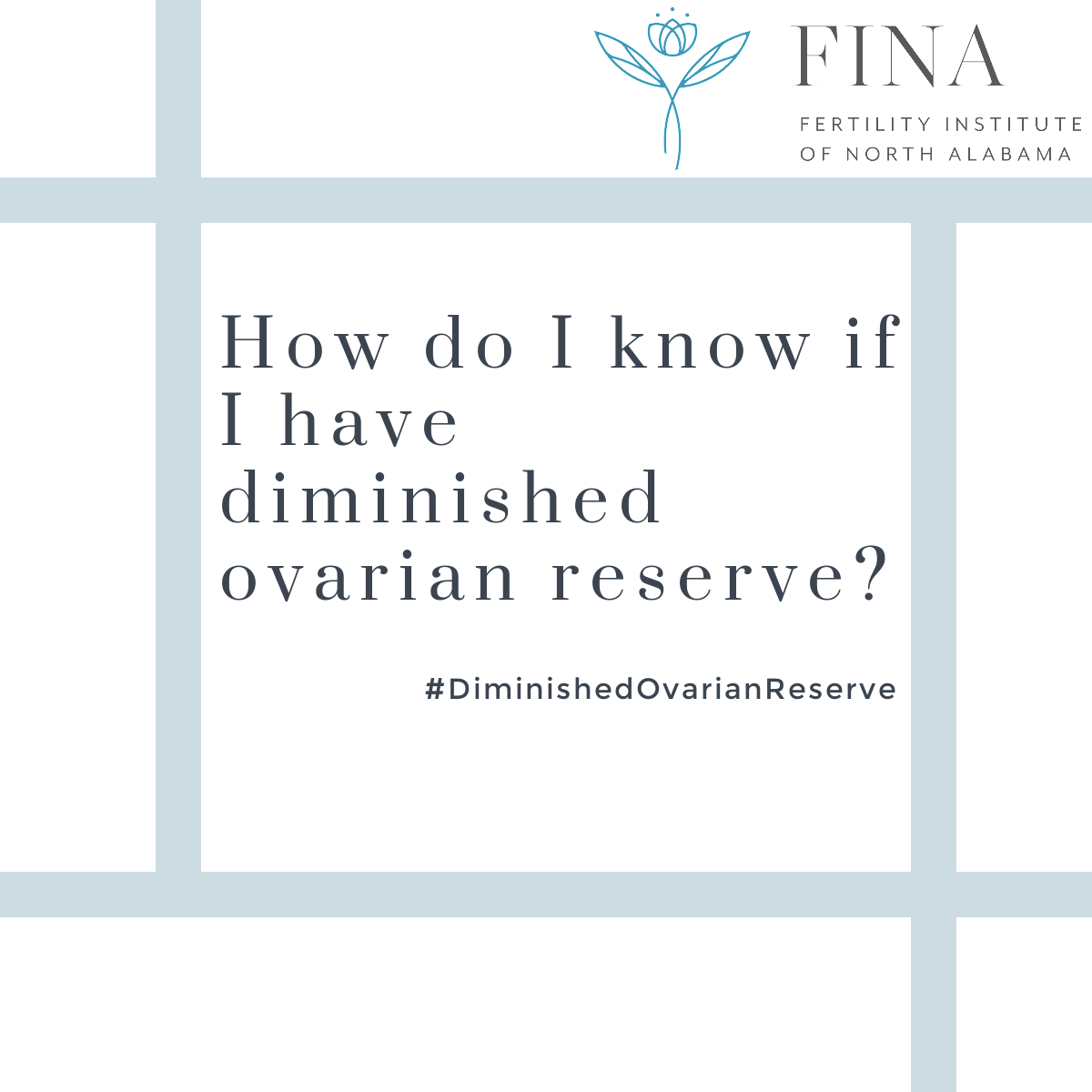How does a woman know if she has Diminished Ovarian Reserve
Dr. D says that if a woman who is less than 35 years old has regular menstrual cycles, she has no reason to be concerned about her ovarian reserve since it is more than likely adequate. However, around age 35 a woman’s level of concern about diminished ovarian reserve should certainly increase. Even though menstrual cycles remain normal, ovarian reserve is reaching its limits in these women. Several tests exist that will hint at how many and/or the quality of the eggs remaining. … Finally, an ultrasound can be performed to check the ‘antral follicle count’. This is a snapshot in time of the follicles that are next in the cue to grow and mature, but also hints at how many eggs remain.
What if I do have Diminished Ovarian Reserve
Tomorrow we will be wrapping up this discussion. You’ll learn if anything can be done to slow or prevent the aging process of your eggs. We will also address the concern that some women have who are not ready to have children quite yet but may want them in the future.
